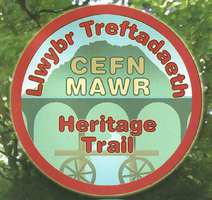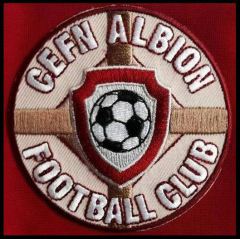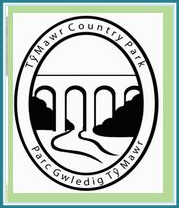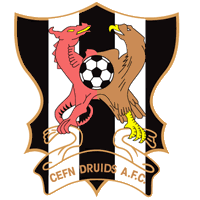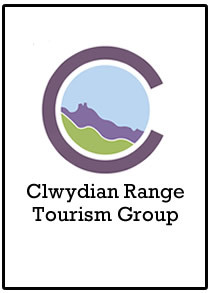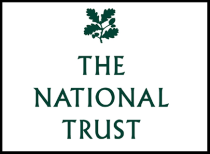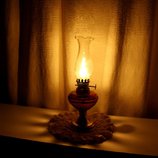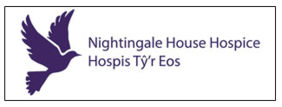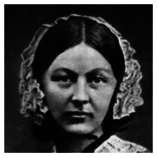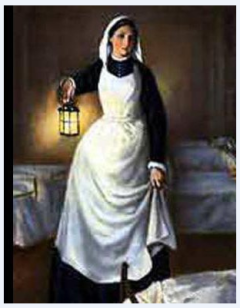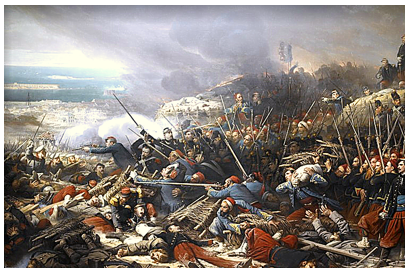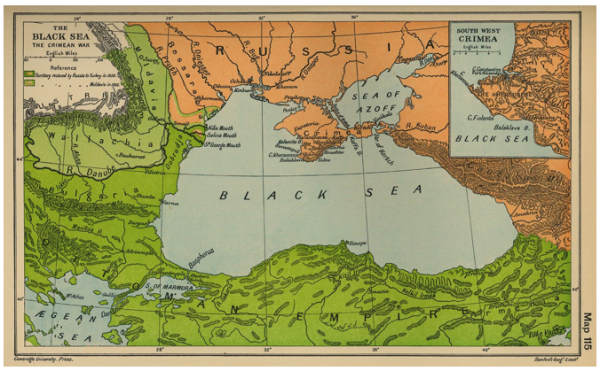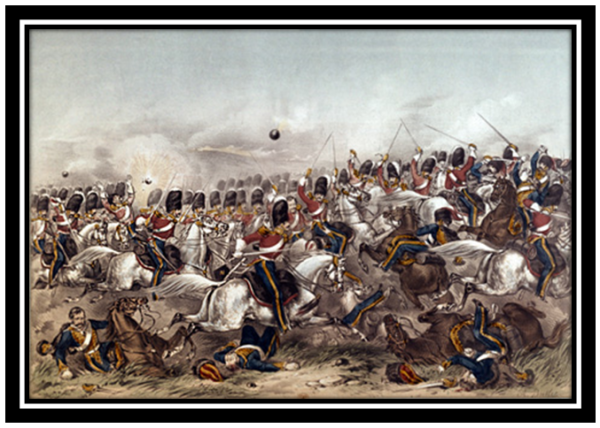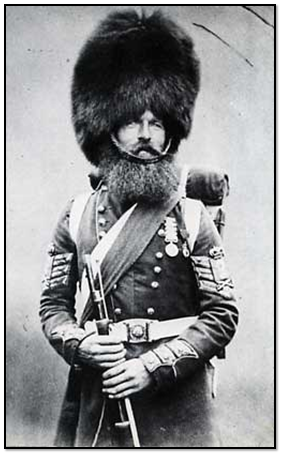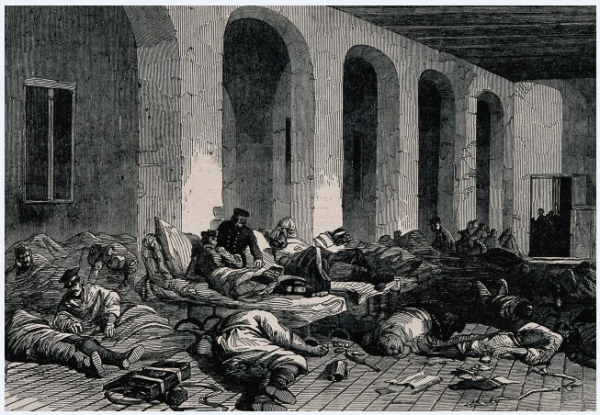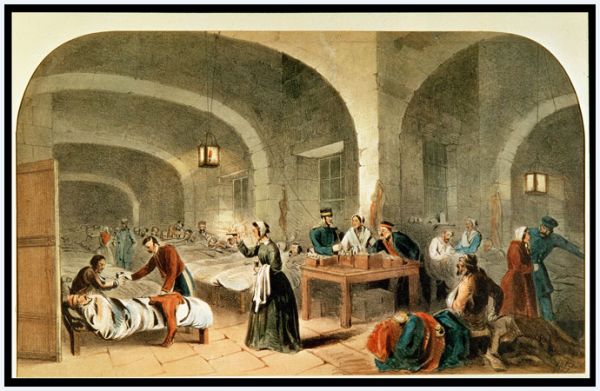Lantern Night History
The Cefn District Chamber of Commerce in conjunction with the Plas Kynaston Canal Group and Cefn Adventure would like to invite everyone to the opening night of the Christmas Festival on Thursday evening the 4th December 2014. This will commence with a march, which we are inviting everyone to join in with led by our base drummers to raise funds for our local charity. The entrance fee will be £1 per person and you will need to bring your own torch. All funds raised will be donated to Nightingale House Hospice. The march will start at the Crane outside the Post Office at 1800 hrs, proceed along Crane Street and Well Street to the new roundabout, around the roundabout and back along Well Street to Cefn Square outside the Ebenezer and the Holly Bush Inn. At Cefn Square from 1830 hrs there will be soup dragons waiting to supply hot soup free of charge to all. This event is open to everyone. So come along and shine a light in this 2014 Christmas. If you have any questions please call the Holly Bush Inn on 01978 253 447.
Nightingale House provides specialist palliative care services, completely free-of-charge, to patients and their families across a wide area stretching from Wrexham, Flintshire and East Denbighshire to Barmouth and the border towns including Oswestry and Whitchurch. Services include a 12 bed inpatient ward, a 15 patient day care unit, an outpatient clinic, a specialist lymphodema unit, occupational therapy, complementary therapies, physiotherapy including a hydrotherapy pool and an ambulance service. A range of bereavement support services are offered including a specialist service for children and young adults. Nightingale House Hospice, Chester Road, Wrexham, LL11 2SJ, Hospice Reception: 01978 316800, www.nightingalehouse.co.uk
Florence Nightingale was born on 12 May 1820, and named after the Italian city of her birth. Her wealthy parents were in Florence as part of a tour of Europe. In 1837, Nightingale felt that God was calling her to do some work but wasn't sure what that work should be. She began to develop an interest in nursing, but her parents considered it to be a profession inappropriate to a woman of her class and background, and would not allow her to train as a nurse. They expected her to make a good marriage and live a conventional upper class woman's life.
Nightingale's parents eventually relented and in 1851, she went to Kaiserwerth in Germany for three months nursing training. This enabled her to become superintendent of a hospital for gentlewomen in Harley Street, in 1853. The following year, the Crimean War began and soon reports in the newspapers were describing the desperate lack of proper medical facilities for wounded British soldiers at the front. Sidney Herbert, the war minister, already knew Nightingale, and asked her to oversee a team of nurses in the military hospitals in Turkey. In 1854 she led an expedition of 38 women to take over the management of the barrack hospital at Scutari where she observed the disastrous sanitary conditions.
When she returned to England she established the Nightingale Training School for nurses at St Thomas' Hospital in London. Once the nurses were trained, they were sent to hospitals all over Britain, where they introduced the ideas they had learned, and established nursing training on the Nightingale model. Nightingale's theories, published in 'Notes on Nursing' (1860), were hugely influential and her concerns for sanitation, military health and hospital planning established practices which are still in existence today.
During the Crimean war, Florence Nightingale gained the nickname "The Lady with the Lamp" from a phrase in a report in The Times, “She is a 'ministering angel' without any exaggeration in these hospitals, and as her slender form glides quietly along each corridor, every poor fellow's face softens with gratitude at the sight of her. When all the medical officers have retired for the night and silence and darkness have settled down upon those miles of prostrate sick, she may be observed alone, with a little lamp in her hand, making her solitary rounds.”
The Crimean War 1853 – 1856 and the Battle of Balaclava. A Russian assault on the allied supply base at Balaclava was rebuffed and is remembered for two actions by the British. The 93rd Highlanders who held out against repeated attacks by a larger Russian force which became the "Thin Red Line". The second British action to be remembered was the ‘Charge of the Light Brigade’, which was, although misguided, an astonishingly successful operation of war, with relatively light casualties - only 118 killed out of 620. The Russians were so frightened by the cold courage of the British troopers, they never again dared face them in the open field.
However the human cost of the war was immense, 25,000 British, 100,000 French and up to a million Russians died, almost all of disease and neglect. The human aspect of the conflict was recognised in Britain by the introduction of the highest decoration for gallantry. Unlike other medals, the Victoria Cross was awarded to officers and men without distinction.
The war left a permanent impact through nationalist movements incited by the war. The present-day states of Ukraine, Moldova, Bulgaria, Romania, Greece, Turkey, Azerbaijan, Armenia, Georgia, and regions such as Crimea and the Caucasus all changed due to the war and the current conflicts in Chechnya and Crimea are a legacy of the much misunderstood Crimean War of over 150 years ago.
Lantern Night and some of the history behind it.
2014 Lantern Night Some History.pdf
Adobe Acrobat document [1.1 MB]


